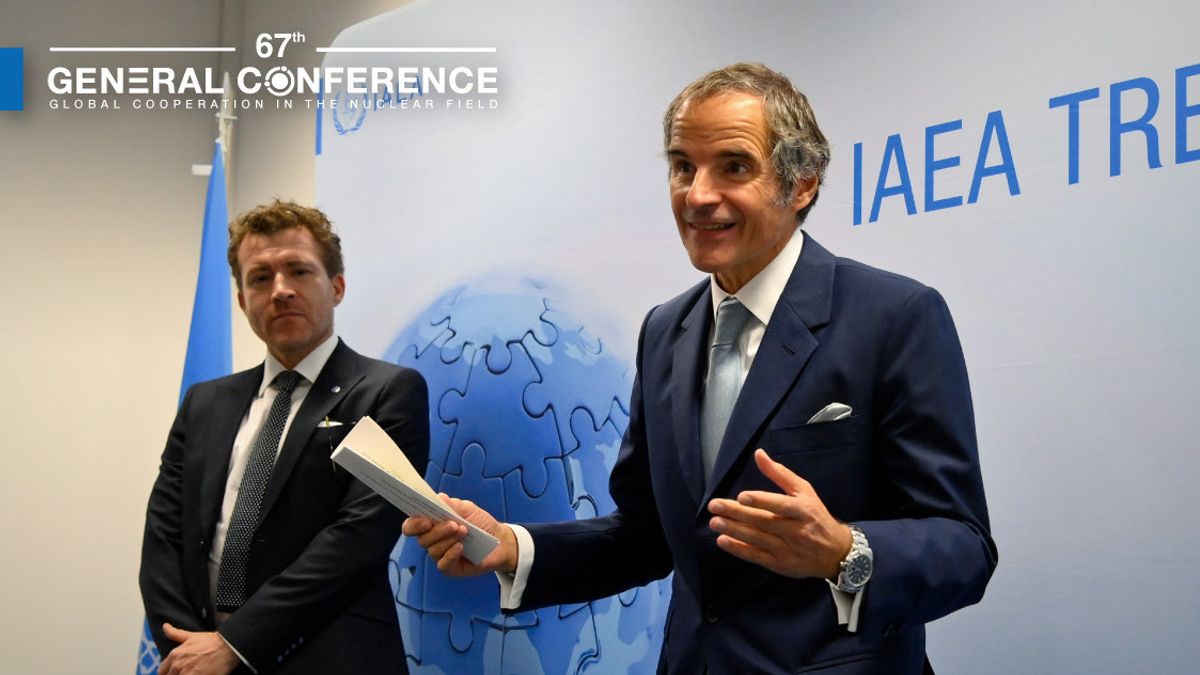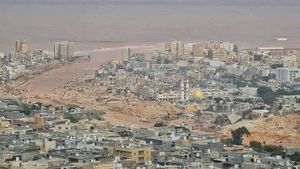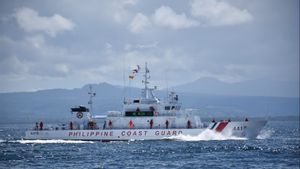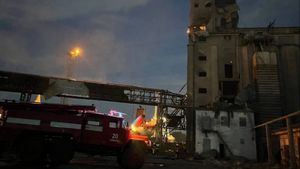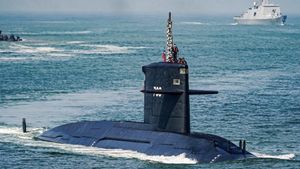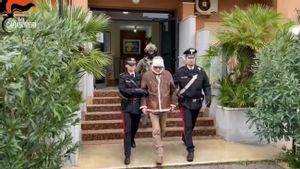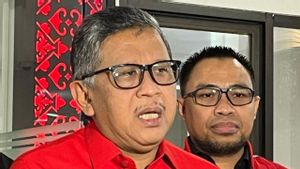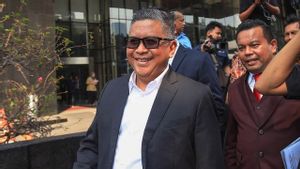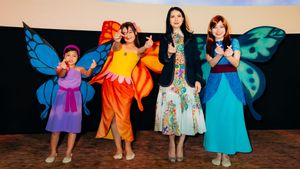JAKARTA - Security in the Middle East relies on agreements to keep Iran away from nuclear weapons, even though existing agreements are suspended by de facto, senior UN officials said.
At the 67th annual conference of the International Atomic Energy Agency (IAEA), UN Secretary-General Antonio Guterres said Iran's agreement remains important for the global nuclear non-proliferation architecture, as well as for regional and international security.
"IAEA has an important role in disproportionately monitoring and experts, so that agreement terms are enforced, while seeking ongoing solutions to unresolved issues related to Iran's nuclear program," Guterres said.
In the annual conference held in Vienna, Austria on September 25-29, Iran said the country's cooperation should not be taken for granted, insisting that its nuclear program goal is for peaceful purposes.
Tehran agreed to limit its nuclear activities in exchange for sanctions relief as part of the Joint Comprehensive Plan of Action (JCPOA) between Iran and global powers in 2015.
It collapsed as the United States under Donald Trump decided to withdraw from the agreement, continuing sanctions against Iran in response to Tehran by increasing uranium enrichment.
Attempts to revive the agreement have failed, with Britain, France, and Germany this month announcing they will extend sanctions against Iran which will expire in October under an initial agreement.
Meanwhile, Rafael Grossi, re-elected as Head of the IAEA for a second four-year term on Monday, said talks between the UN agency and Tehran had not yet reached the progress he had hoped for.
Grossi said he was ready to cooperate with Iran in matters relating to the 2015 agreement "delegation of de facto implementation".
According to him, the IAEA was still "actively involved" despite failed negotiations after he visited Tehran in March.
VOIR éGALEMENT:
"Only full cooperation from Iran, and tangible results, will bring us to the trustworthy guarantee that Iran's nuclear program is only for peaceful purposes," Grossi said.
Separately, Iran's head atomic energy agency Mohammad Eslami said his country was determined to expand the use of nuclear power in civilian projects, although his intentions were doubtful.
Iran "Once again insists that extensive cooperation with the current IAEA should not be underestimated and should not be negatively affected because it follows assassination political agendas," he said.
The English, Chinese, Japanese, Arabic, and French versions are automatically generated by the AI. So there may still be inaccuracies in translating, please always see Indonesian as our main language. (system supported by DigitalSiber.id)
